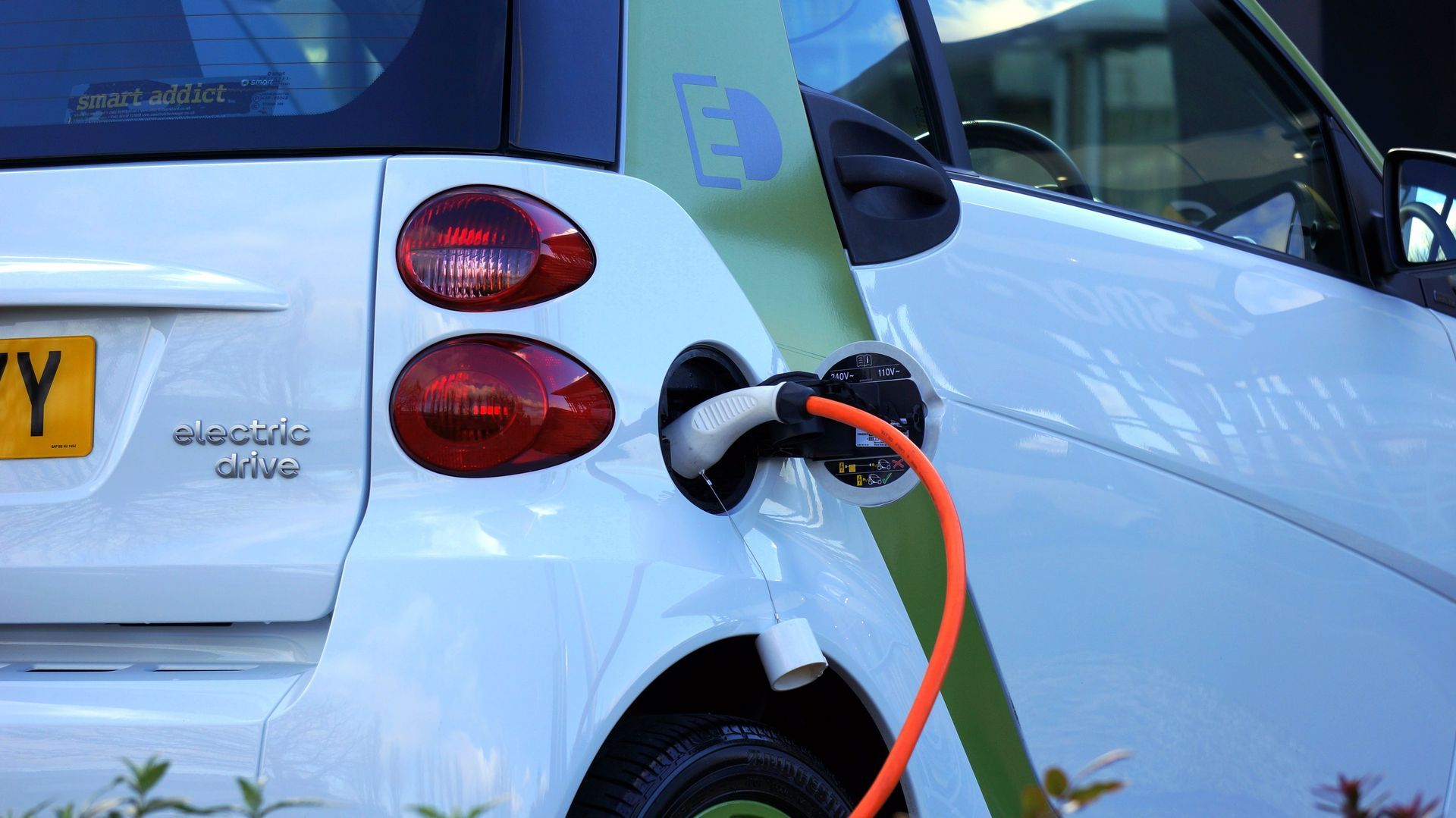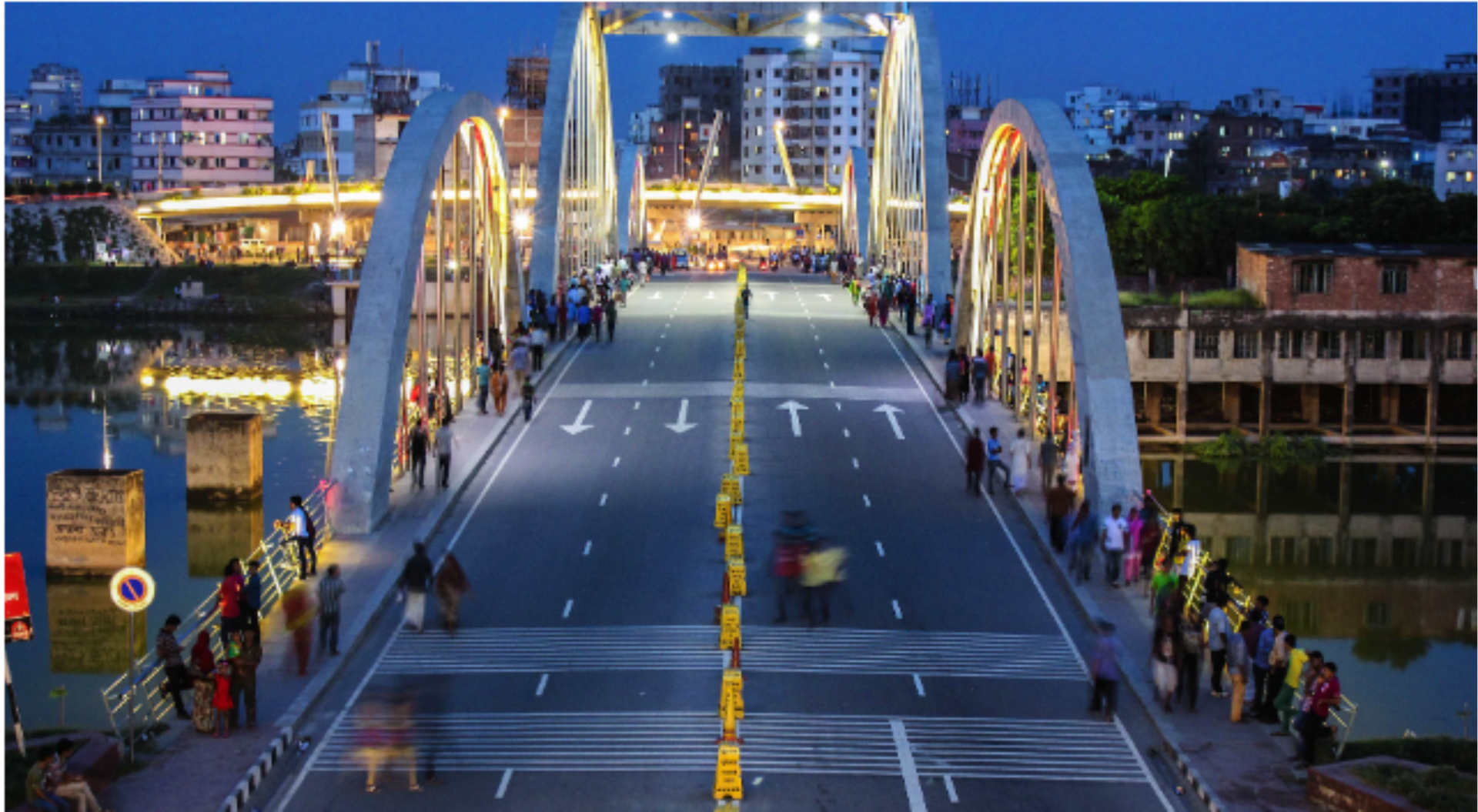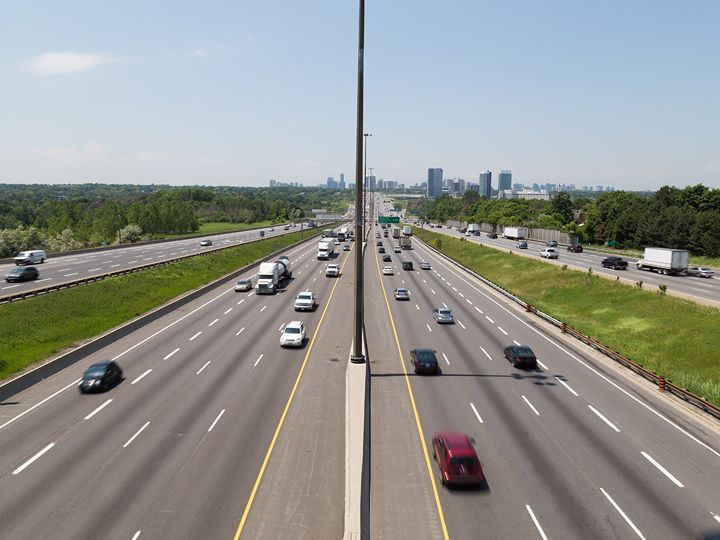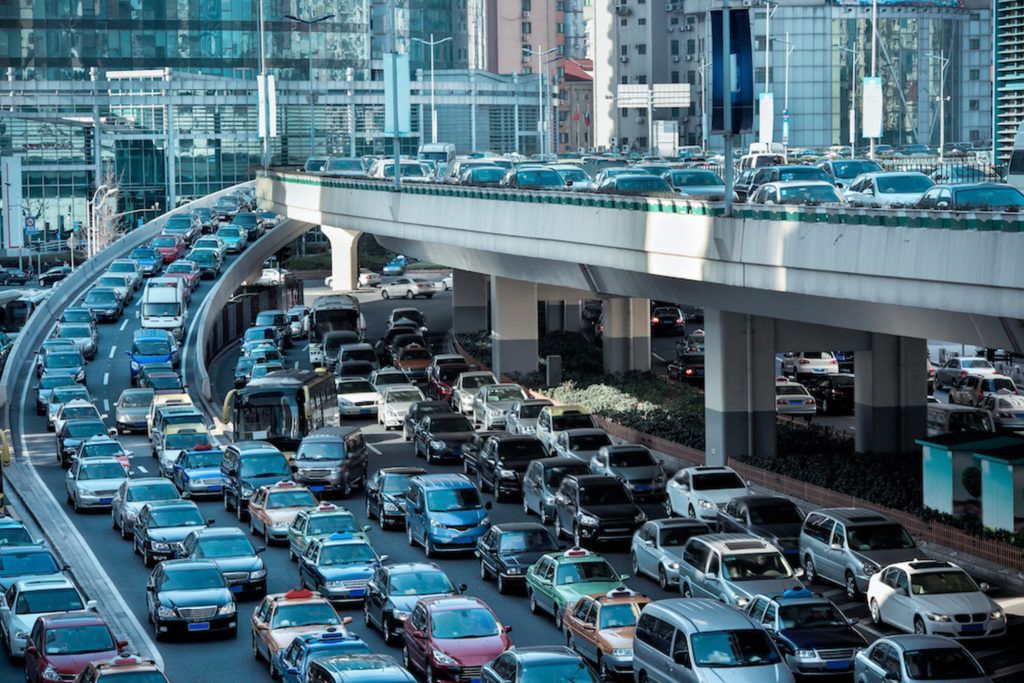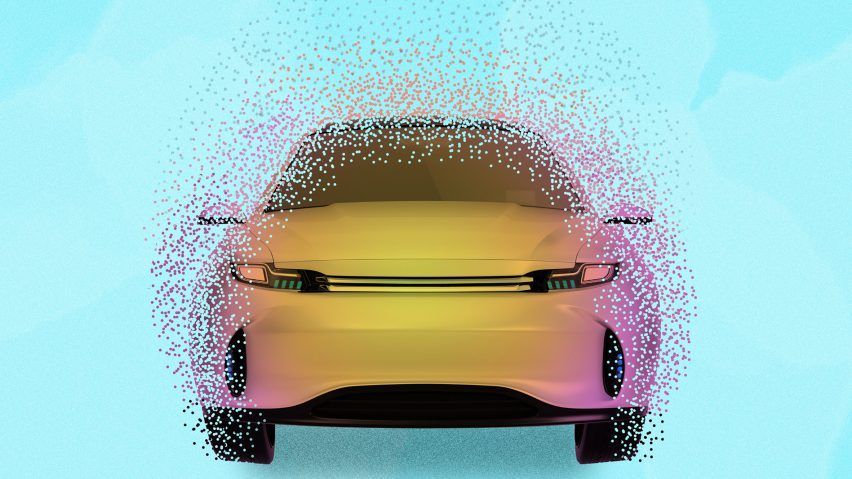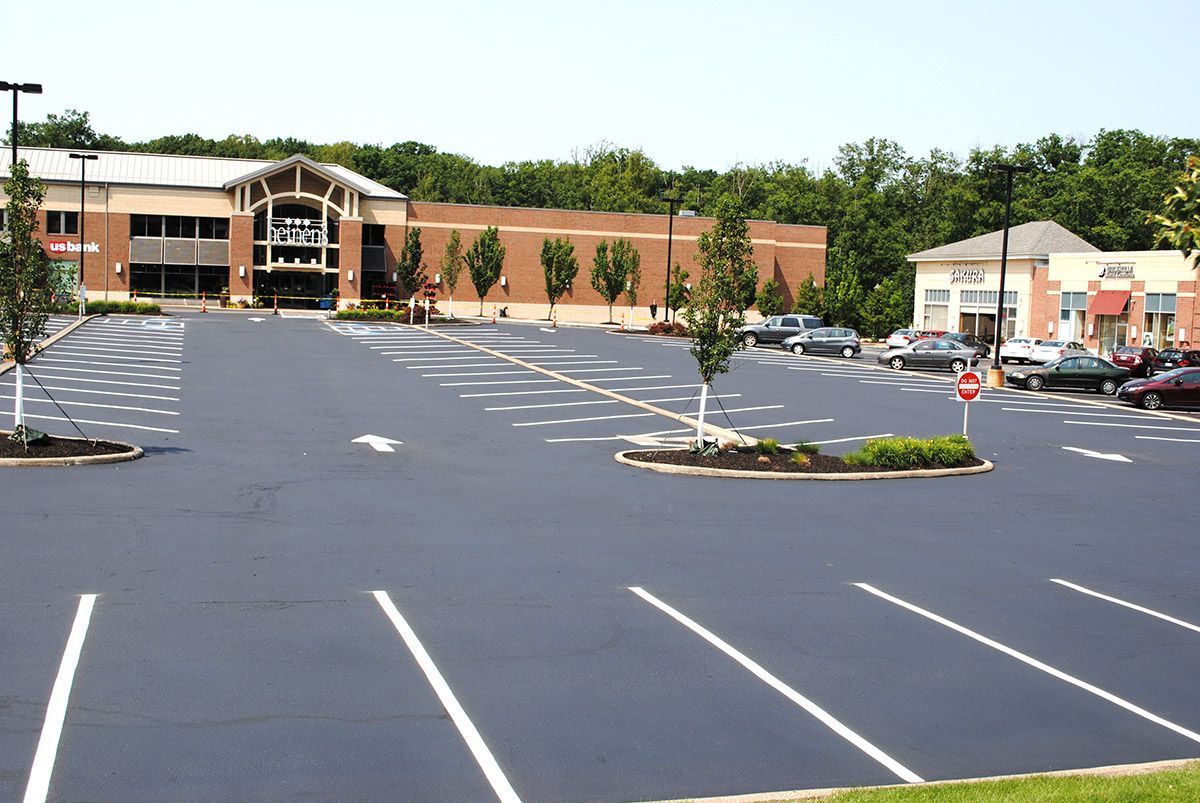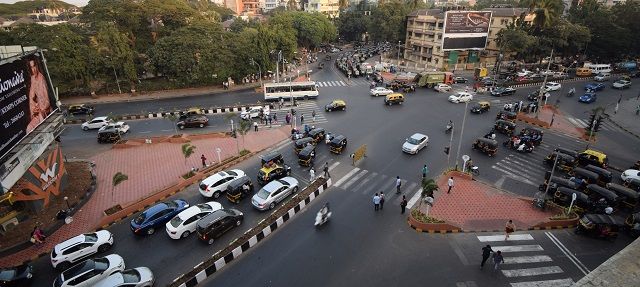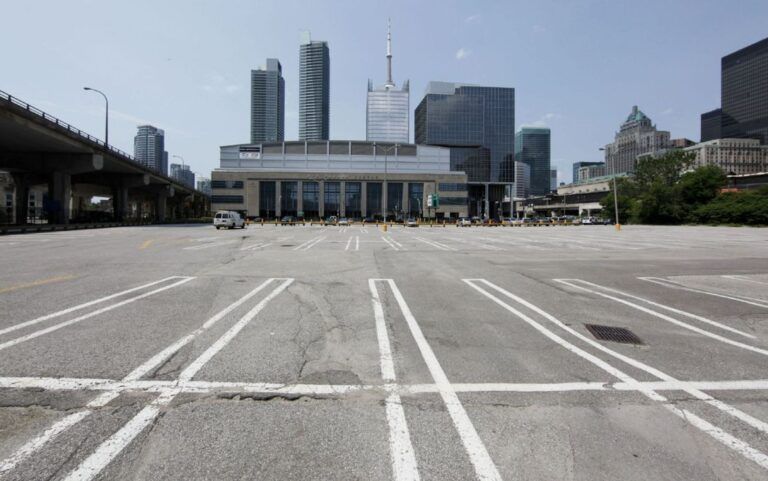Chile Unveils its First Hydrogen-Powered Bus
Original article extracted from bnn.network
Kasturi Chakraborty is a passionate journalist and writer dedicated to amplifying marginalized voices and covering Palestinian affairs, among other important issues. As a correspondent and editorial head, she has contributed to Core Middle East, a Kitchener-based Canadian news outlet, and The Palestine Observer. Her work has gained international recognition, appearing in esteemed publications such as the New Internationalist and Women's Media Center. Prior to her current endeavors, Kasturi accumulated diverse experiences, working at the Embassy of Georgia in India and contributing to prominent Indian media outlets such as the Deccan Chronicle, Daily Pioneer, Indian Economist, Millennium Post, and Sunday Guardian. With a keen interest in international relations, foreign policy, gender, women's issues, international law, and war and conflict, Kasturi remains steadfast in her pursuit of truth and justice through journalism.
Chile's Leap Towards Green Transport
In a ground-breaking move to combat climate change, Chile has launched its first intercity bus powered by green hydrogen, a clean energy source that only leaves water and heat as waste. This initiative marks a significant stride in Chile’s environmental policy aimed at reducing its carbon footprint.
Transportation contributes to 25% of the country’s greenhouse gas emissions. The introduction of a hydrogen-powered bus is a revolutionary step to curb these emissions. The bus can travel up to 400 kilometers and accommodate 47 passengers, presenting a sustainable alternative to traditional public transport systems.
Electric Vehicles: Paving the Way for a Greener Future
Santiago de Chile, the country’s capital, is already leading the way in green transport. The city boasts over 2,000 electric buses, which account for 31% of its total vehicles. A notable reduction in polluting emissions and noise levels has been observed since the introduction of these electric units, according to a recent study.
The government is not stopping here. It plans to introduce another 1,000 electric units before the end of the current presidential term, further solidifying the country’s commitment to green transport and a sustainable future.
Economic Implications and Forecasts
As the country strides towards sustainability, its economy is also in focus. The Central Bank of Chile reports a projected 0.4% drop by the end of 2023. However, the Economic Expectations Survey predicts a 1.8% growth in 2024, indicating potential recovery and progress.
Inflation is expected to vary by 0.5% this month and 0.3% in November, with a projected increase of 4.2% by the end of 2023. These fluctuations are essential to consider as the country navigates its path towards environmental sustainability and economic stability.
Economic Implications and Forecasts
Chile is not alone in its quest for green energy. The White House has selected Philadelphia and West Virginia to house two regional hubs for producing and delivering hydrogen fuel. This initiative is part of the Biden administration’s clean energy plan, aiming to replace fossil fuels with cleaner-burning hydrogen as an energy source for vehicles, manufacturing, and generating electricity.
These global efforts underline the pressing need to transition towards cleaner, sustainable energy sources to combat climate change. As Chile unveils its first hydrogen-powered bus, it is a reminder that every step counts on this global journey towards a sustainable future.
Asurza Engineers Ltd. - www.asurza.ca - Ontario, Canada.
Subscribe to receive the latest news and articles
Subscribe to receive the latest news and articles
We will get back to you as soon as possible.
Please try again later.
